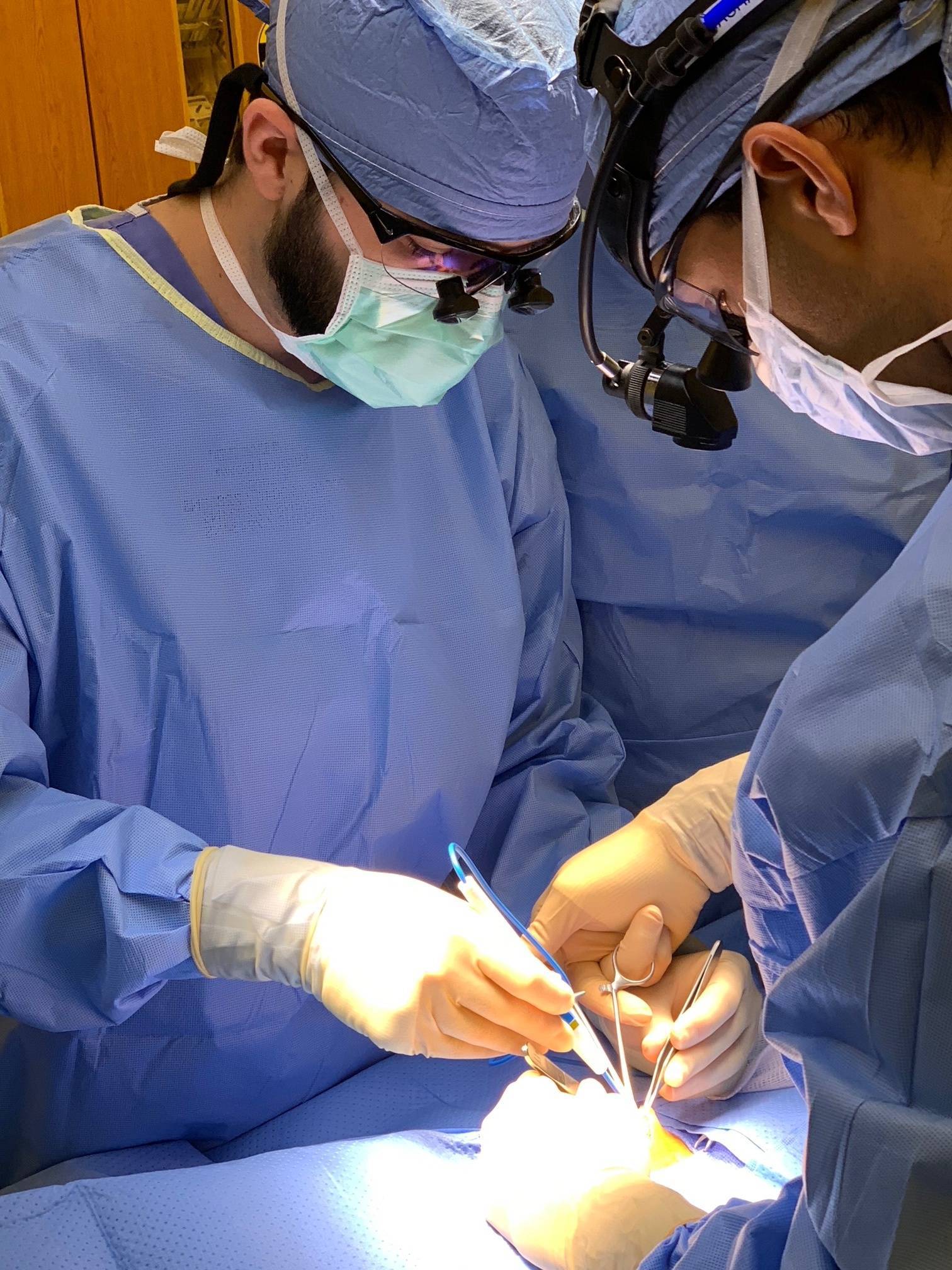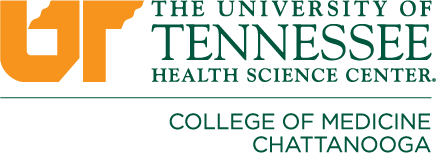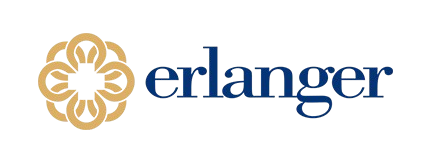Chattanooga Surgery Residency Curriculum

Curriculum PGY-1 Level Surgery Residents
Rotations, call schedules, and conference responsibilities are similar for PGY-1 level Surgery residents.
The usual first-year experience includes:
| PGY-1 | |
| Categorical | |
| Rotation | Months |
| General Surgery | 7 Months |
| Trauma | 2 - 4 Months |
| Vascular | 1 - 2 Months |
| PGY-1 | |
| Preliminary | |
| Rotation | Months |
| General Surgery | 6 Months |
| Peds | 1 Month |
| Trauma | 2 - 4 Months |
| Vascular | 1 - 2 Months |
Curriculum PGY-2 Level Surgery Residents
| PGY-2 | |
| Categorical | |
| Rotation | Months |
| General Surgery | 2 Months |
| Peds | 2 Months |
| Research | 4 Months |
| SCC | 3 Months |
| Vascular | 1 Month |
Curriculum PGY-3 Level Surgery Residents
| PGY-3 | |
| Categorical | |
| Rotation | Months |
| Bariatrics | 1 Month |
| Breast | 1 Month |
| General Surgery | 1 - 2 Months |
| Peds | 2 Months |
| Research | 3 Months |
| Rural Rotation | 2 Months |
| SCC | 2 Months |
Curriculum PGY-4 Level Surgery Residents
| PGY-4 | |
| Categorical | |
| Rotation | Months |
| General Surgery | 3 Months |
| Research | 4 Months |
| Thoracic | 2 Months |
| Trauma Chief | 2 - 3 Months |
| Vascular | 1 Month |
Curriculum PGY-5 Level Surgery Residents
| PGY-5 | |
| Categorical | |
| Rotation | Months |
| General Surgery Senior | 8 Months |
| Trauma Chief | 2 - 3 Months |
| Vascular | 2 Months |
Curriculum Chief Level Surgery Residents
| PGY-6 | |
| Categorical | |
| Rotation | Months |
| General Surgery Chief | 10 Months |
| Elective | 2 Months |
We have a dedicated skills curriculum for PGY-1 year residents that provides protected time during the first 6 months of training. This curriculum focuses on intubation, chest tubes and central lines, suturing, knot tying, laparotomy, laparoscopic, and bowel/vascular anastomosis. We have tissue models, laparoscopic and robotic trainers as well as a GI simulator. All residents are encouraged to attend the skills lab sessions each Thursday. Our skills lab is run by former Pediatric Surgeon Dr. Michael Carr.
The Skills Lab and Simulation Center are tremendous assets to our program and are a part of a facility in which residents can practice surgical skills in a more relaxed, less critical environment than an actual hospital operating room. This benefits junior residents by allowing them to develop technical skills outside their day-to-day clinical experience.


